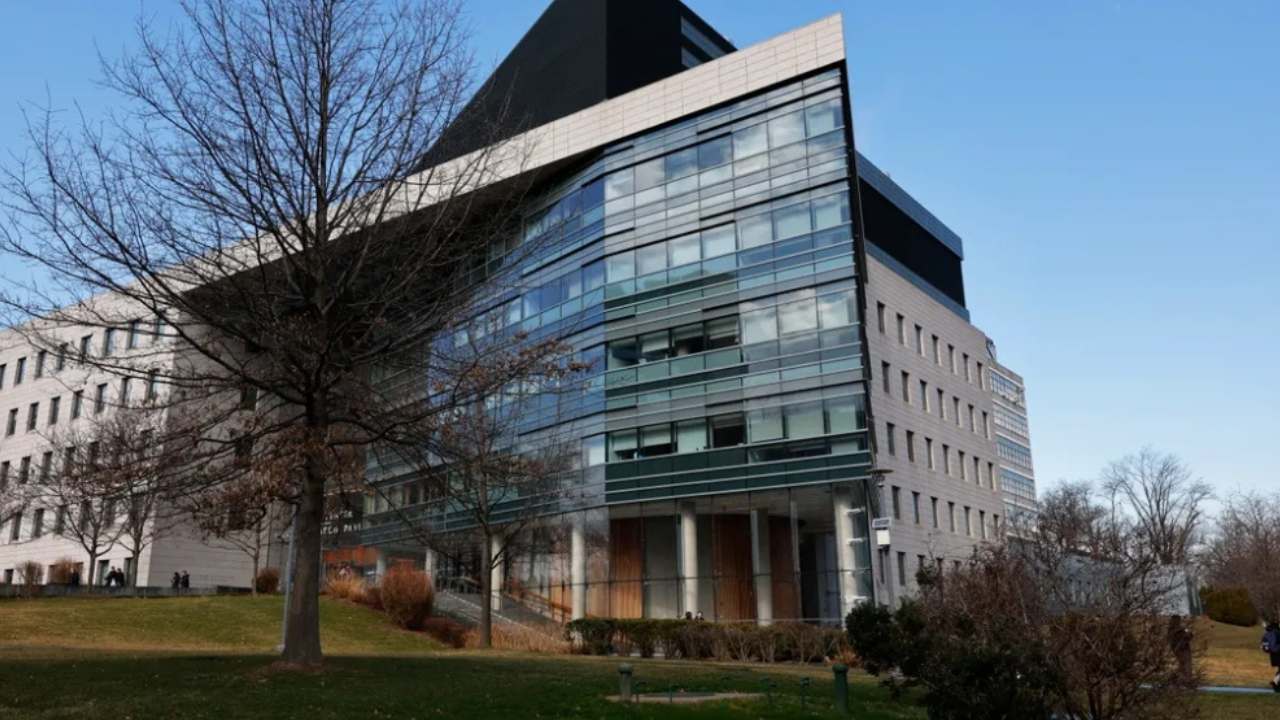Albert Einstein College of Medicine, located in New York, to provide tuition-free education after its board chair’s unprecedented $1 billion donation, deemed the largest ever to an American medical school.
The Bronx institution, affiliated with New York’s Montefiore Health system, will transition to tuition-free status starting in August, as announced on Monday. Additionally, it will reimburse all fourth-year students for their spring 2024 semester tuition.
The donor, Ruth Gottesman, a former professor at the medical school and current Montefiore board member, is the widow of Wall Street financier David Gottesman. Notably, the couple had previously contributed $25 million to the college in 2008.
Gottesman informed that her contribution will allow the institution’s students to complete their studies without accruing medical school debt and broaden its classes to encompass individuals who would otherwise be unable to afford attendance.
Her donation and its designated purpose exemplify a growing trend among medical schools aiming to eliminate tuition fees.
In 2018, New York University declared its commitment to granting full scholarships to all medical students. Similarly, the Kaiser Permanente Bernard J. Tyson School of Medicine, associated with the Kaiser Permanente health system, commenced operations in 2020 with the commitment to offering tuition-free education for its initial five incoming cohorts.
The inaugural class at Albert Einstein comprises 183 students, with 59% of them being women and nearly half hailing from New York.
“This donation radically revolutionizes our ability to continue attracting students who are committed to our mission, not just those who can afford it,” Dr. Yaron Tomer, dean at the college, said in a statement. “Additionally, it will free up and lift our students, enabling them to pursue projects and ideas that might otherwise be prohibitive.”
While gifts of this magnitude are uncommon, they are not entirely unprecedented. In 2018, Michael Bloomberg, a prominent businessman and former mayor of New York, committed $1.8 billion to Johns Hopkins University, his alma mater, for the establishment of a need-based student aid fund.
In 2022, Stanford University was the recipient of a $1.1 billion donation earmarked for the establishment of a school dedicated to sustainability.
Additionally, in the previous year, McPherson College, a small liberal arts institution in Kansas, received an anonymous $1 billion donation to bolster its endowment.
However, donations of such magnitude to medical schools have historically been rare. Notable exceptions include a $300 million contribution to Western Michigan University’s medical program in 2021, which was part of a larger gift, and a $75 million endowment to Harvard University’s medical school in early 2023.
According to the Council for Advancement and Support of Education, donations to U.S. colleges amounted to approximately $58 billion in fiscal 2023. This marked the second-highest year for donations, following 2022, with institutions observing an uptick in contributions exceeding $100 million.

